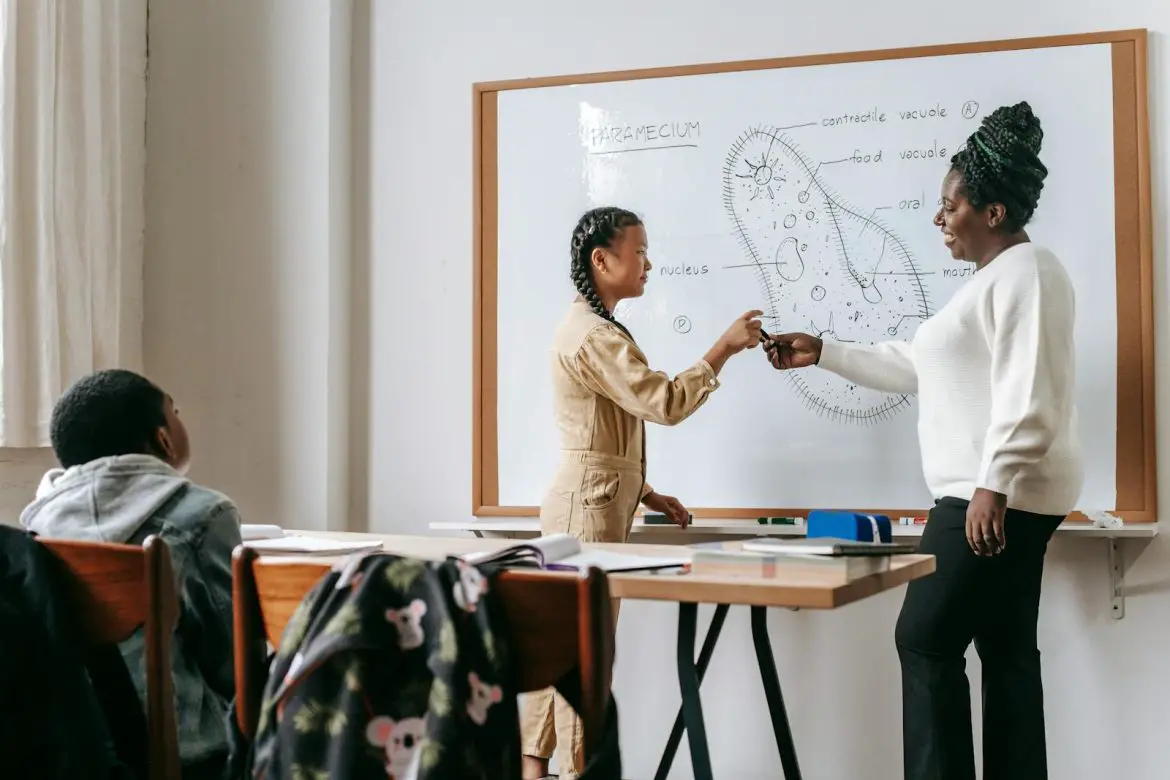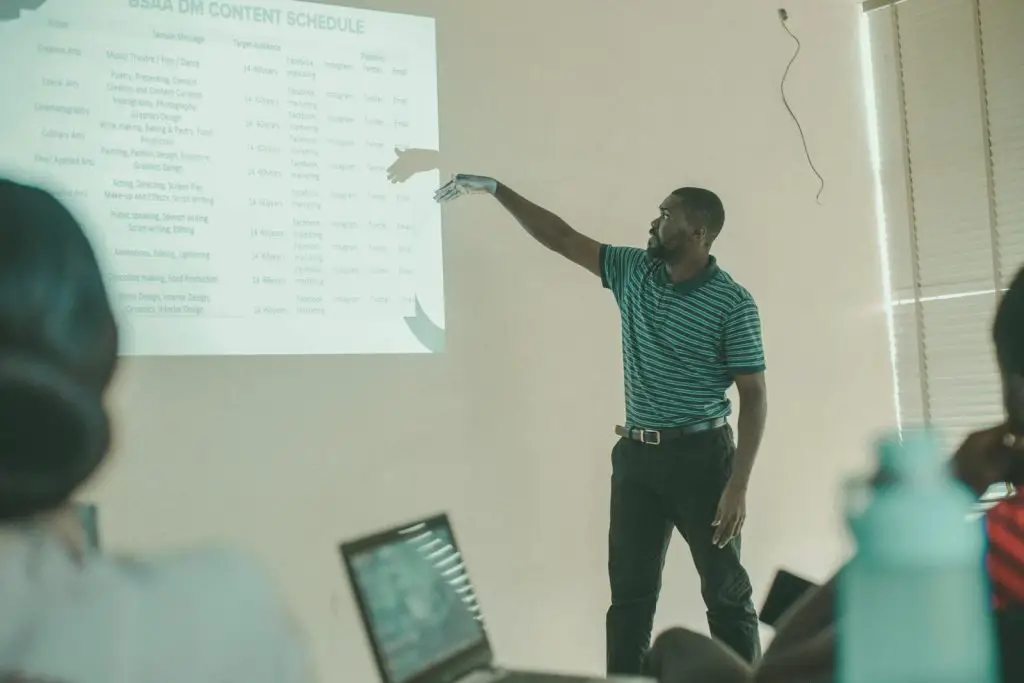Teaching is a dynamic art, requiring a colorful palette of approaches to inspire and educate every type of learner. Amid the beautifully diverse classroom settings, special education emerges as a beacon of inclusive and tailored learning.
As a teacher, understanding and embracing the principles of special education is not just commendable, it’s essential to fostering an environment where all students can flourish.
This expansive blog post delves into the myriad reasons why special education is of paramount importance to educators, shedding light on how it enhances teaching, molds teaching strategies, and ultimately serves as a catalyst for students’ educational success.
Understanding Special Education
Special education encompasses a spectrum of services specifically designed for students who have learning challenges, physical disabilities, or behavioral disorders.
As a teacher, the first step to leveraging the benefits of special education is a profound understanding of its nature and scope.
It’s more than just a supportive wing of the educational system; it’s a framework rooted in fairness, differentiation, and individualized attention.
Definition and Scope in Teaching
At its core, special education is about catering to the individual needs of learners, ensuring they receive a free appropriate public education (FAPE) in the least restrictive environment.
This means recognizing that no two students learn the same way or at the same pace.
It’s crucial for teachers to recognize when specialized supports are necessary and understand how to implement them effectively.
Benefits to Teachers
By incorporating the methodologies of special education, a myriad of advantages unfold for teachers. From fine-tuning their instructional approaches to finding deep fulfillment in their profession, the impact is profound and multifaceted.
-
Enhanced Teaching Strategies
Special education equips teachers with an arsenal of strategies to accommodate varied learning styles. From visual aids to hands-on activities and assistive technology, these tools serve as pathways to comprehension for students with diverse needs.
https://youtu.be/nK2PDKPKd7k?si=z5x-vBogVntitSCr
Through differentiation, teachers can effectively reach every learner, fostering an environment where success is within reach for all.
-
Personalized Student Support
One of the most fulfilling aspects of teaching is the personal connections we forge with our students. Special education emphasizes this aspect even further, necessitating a thorough understanding of each student’s strengths and challenges.
In providing this level of support, teachers witness not only academic growth but also the blossoming of student confidence and resilience.
-
Professional Growth Opportunities
In embracing special education principles, teachers open themselves to a world of learning and professional development. Continuous education on new strategies and interventions keeps educators at the forefront of the field.
Furthermore, the collaborative nature of special education — where teachers, therapists, and counselors work together — fosters a professional environment rich with shared knowledge and expertise.
Challenges Faced by Teachers in Special Education
Adopting special education strategies is not without its hurdles. Educators navigating this terrain must address various challenges, from balancing individual student needs to managing complex classroom dynamics.
-
Classroom Management
The innate diversity of a special education classroom poses a unique set of management challenges. With students requiring different levels of attention and support, the traditional one-size-fits-all discipline models do not apply.
Teachers must cultivate adaptive and empathetic classroom management techniques that prioritize student needs while maintaining a structured learning environment.

-
Individualized Education Plans (IEPs)
IEPs are the cornerstone of special education, laying out goals, services, and progress tracking for each student.
Crafting these plans requires a significant investment of time and expertise, at times presenting a bureaucratic tangle that teachers must efficiently unravel to ensure each student gets the support they need.
-
Parental Involvement
Effective special education is a partnership between schools, teachers, and parents, yet establishing and maintaining this vital connection is often easier said than done.
Open lines of communication, trust-building, and shared decision-making can be challenging in the face of busy schedules and differing expectations.
https://www.pastpapersinside.com/top-10-abacus-tools-to-enhance-math-teaching/
Teachers must approach parental involvement with diplomacy and sensitivity, recognizing parents as key collaborators in their students’ academic journeys.
Impact on Student Success
The crux of special education’s importance lies in its profound impact on student success. It’s the bridge that connects students to the resources and strategies that enable them to reach their full potential, academically and beyond.
-
Academic Achievements
Special education interventions have been repeatedly correlated with improved academic performance.
By providing the scaffolding and support necessary for each student to engage with the material, teachers contribute not only to their academic achievements in the present but also to their lifelong learning abilities.
-
Social and Emotional Development
Teaching is not just about filling young minds with knowledge; it’s also about nurturing the whole child. Special education emphasizes the social and emotional development of students, teaching empathy, communication, and resilience.
Inclusion in classrooms and extracurricular activities provides students with disabilities the chance to interact with peers, fostering a sense of belonging and community.
-
Fostering a Positive School Culture
Embracing special education facilitates the creation of a positive school culture that respects diversity and champions the potential of every student.
When educators lead with inclusivity, the school community as a whole is enriched with a greater understanding and acceptance of individual differences.
This culture shift not only benefits students with special needs but also cultivates compassion and cooperation among all students, preparing them to thrive in a diverse society.
-
Lifelong Impact on Students
The lifelong impact of an effective special education program is immeasurable.
Equipped with tailored learning strategies and strengthened self-esteem, students with unique learning needs are more likely to persist in their education and pursue fulfilling careers.
By ensuring that these students have the tools to overcome obstacles, teachers are instrumental in helping them transform challenges into opportunities for success.
Conclusion
Special education is not a separate entity from general education but an integrated part of the pedagogical tapestry. Teachers who recognize and champion its principles are not only enriching their own practice but are also becoming champions of inclusion and equity in education.
As you continue on your teaching path, consider the ways in which special education can transform both your approach and, more importantly, the educational experiences of your students.
It’s a testament to your dedication and the heart with which you’ve chosen this noble profession.




